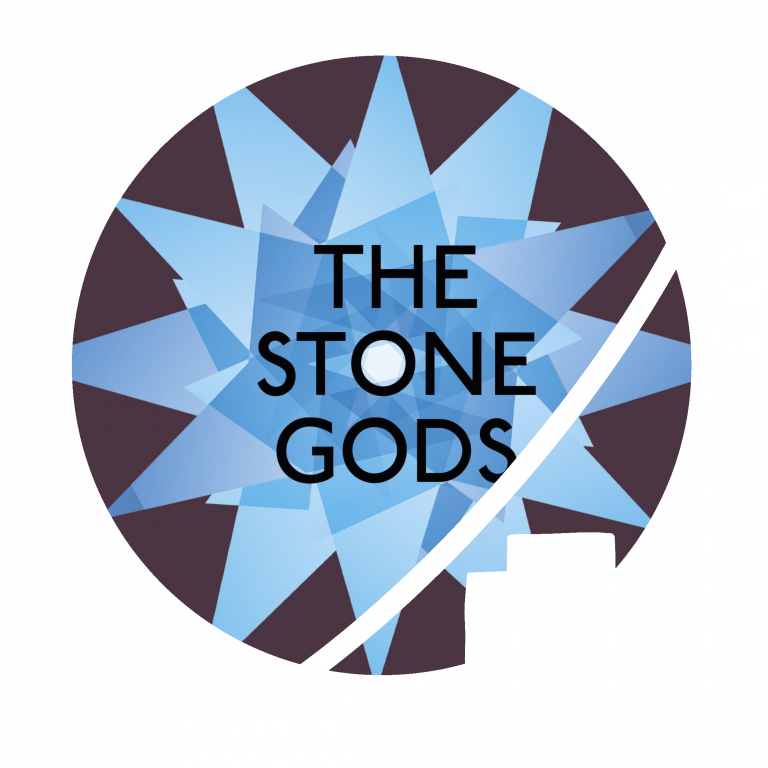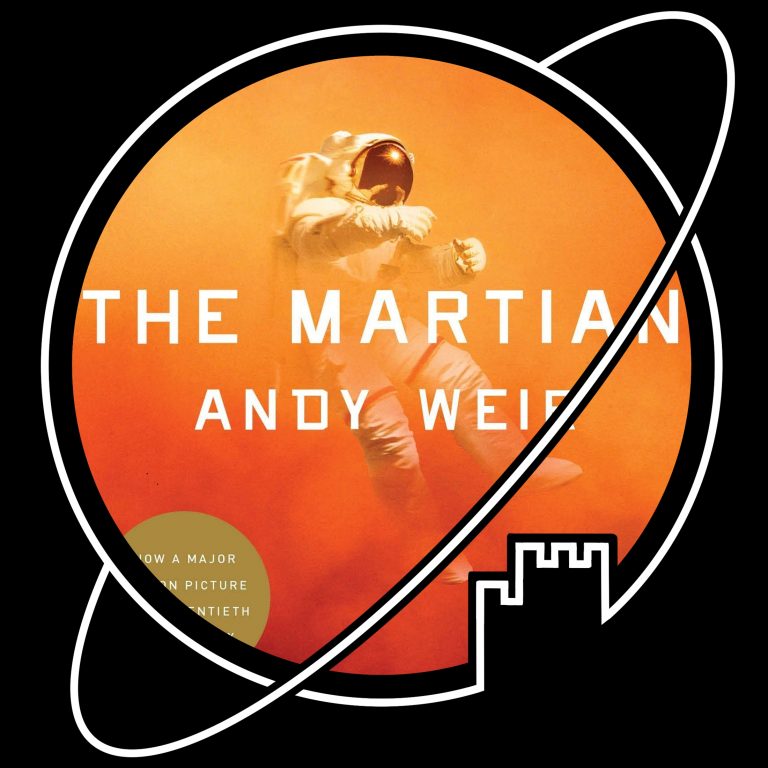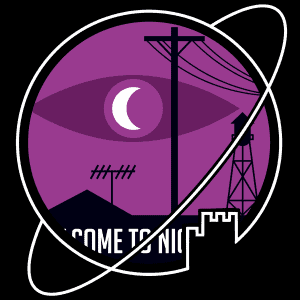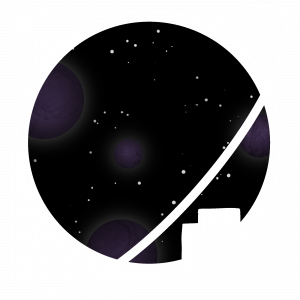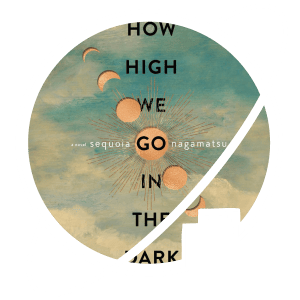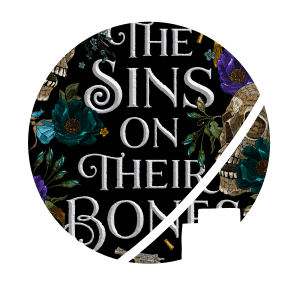- Novel written by Adrian Tchaikovsky
- Published January 1st, 2015
- Part one of the Children of Time trilogy
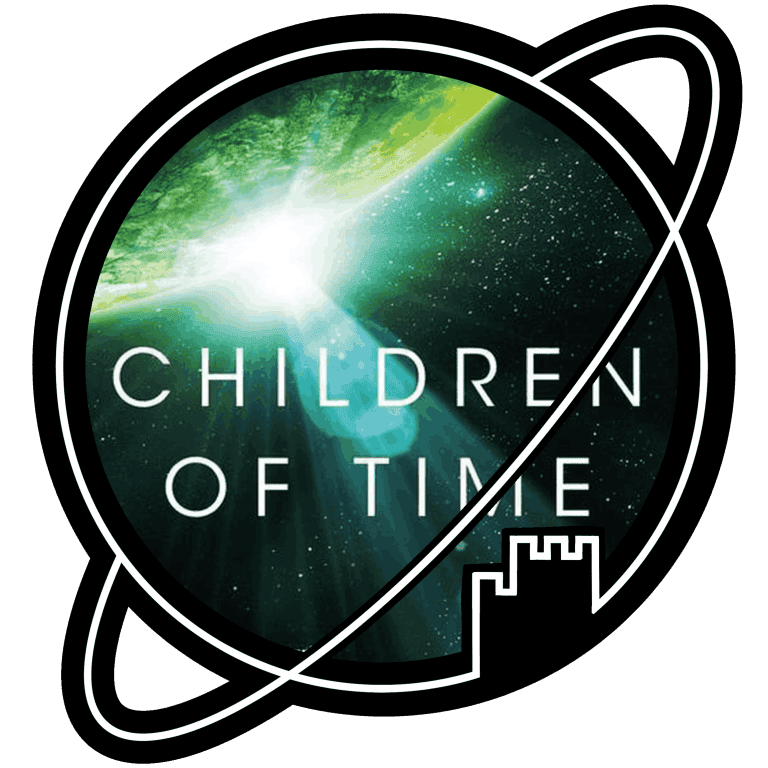

Children of Time is one of those books that so many people recommended to me that at some point it just had to skip to the front of my shelf of shame, despite that fact that Tchaikovsky’s Dogs of War fell in the decidedly meh-category for me.
So the question is: why the hype, and did Children of Time live up to it?
I think the hype mostly comes from the fact that Children of Time is very original. It’s just new. It does things you can’t find elsewhere in science fiction.
Children of Time features an ambitious long-timelines evolutionary narrative that is not only very interesting in its worldbuilding, but somehow also manages to stay interesting on a plot level.
And then the novel combines that one narrative, that will take countless years to cook properly, and combines it with another narrative of humans in-and-out of cryosleep on a colony ship – which skips through the same amount of time featuring a single, continuous set of characters.
The setup takes a couple of sci-fi handwaves to work, but I’m all aboard with that for such a clever idea. This story structure addresses some of the typical issues with stories with far horizons (Asimov’s Foundation comes to mind) in that the human characters, with whom the reader is supposed to bond and who are ultimately what draw the reader into the story, necessarily can’t survive long enough to make it into the next chapter.
Tchaikovsky’s clever structure alone is probably enough to make this book worth reading. But the hype does not lie – both halves of the narrative are also independently good.
The spider half of the story (wait, what? Yes, a spider-half of the story), focusing on biological and cultural evolution, moves at breakneck speed and may strain your suspense of disbelief at times, but it is always interesting and surprisingly suspenseful given the shifting main characters.
The human half of the story initially appears more traditional, but as the narrative progresses and the insanity of living in short bursts over the centuries on a cramped space ship ramps up, it takes a turn for the surreal and ended up reminding me of the post-apocalyptic psychedelic ride that is Metro 2033.
If that doesn’t pique your interest, then I don’t know what will.
Is there anything negative to say about Children of Time? I think it would be that Tchaikovsky’s style is to focus on the interesting ideas more than on how they work – I saw Lotte mentioned Children of Time fitting the ‘hard sci-fi’ category and I have to give that a hard disagree – its not as soft as some space opera, but artificial gravity fields? Human consciousness uploads? Rapid evolution virus that recognises other bearers of the virus? Stuff like that is borderline magic, and while I don’t have a problem with it per se, Tchaikovsky leans on it a lot. But as long as you don’t go into it with the wrong expectation, that should not keep you from enjoying Children of Time.
One final thought – which some may consider a spoiler and some may not, so read at your own peril – is that Children of Time shares a very negative perception of humanity with Dogs of War, with both novels eventually settling on the conclusion that humanity needs to be ‘redeemed’ or ‘improved’ by some outside factor. I don’t mind a bit of moralising, but the ending of both novels was frustrating to me because Tchaikovsky is telling us we’re not good enough, but in neither case his suggested improvement is something that we have. I guess I’ll just have to take it metaphorically.

I got this book as a present from my dad. Whenever I get gifted a book, I try not to look at the summary on the back and just go in blind. That’s what I did with Children of Time.
All I knew going in was that it was a Sci-Fi story about evolution. And it was! Children of Time is unlike most novels precisely because of this focus on evolution. While we do follow a couple of specific characters from the start to the end of the book, this is only the case for one half of the cast: the humans. The other half of the cast are spiders.
It feels a bit like a spoiler to say that in a review, but I feel that it’s extremely relevant because of two reasons. One: if you hate spiders, as many people do, this book may not be for you. However, the second reason is that Children of Time is a fascinating exploration of what a society of spiders may look like, had they evolved in a similar way to humans.
I’m not a huge fan of spiders myself. I like the idea of them, but I like to keep some distance between us, generally. However, I really enjoyed the spider chapters in Children of Time. They offer some extremely fun world-building and surprisingly believable characters.
I wasn’t as much of a fan of the characters on the human side, but the writing was solid and both sides of the story made sense, in a way. I think it would be easy in a story like this to paint one side as the “bad guys” which doesn’t really happen here.
One thing I wasn’t counting on but I feel I should warn readers for is the fact that this is part of a series. It’s definitely readable as a stand-alone, and the ending is satisfying enough for me (though I can also imagine people disagreeing very strongly on this). Still, around halfway through I started to feel like I was reading a prequel for another story. It’s very much a story of “how we ended up in this situation”. I was expecting the ship to land at some point, and for there to be genuine conflict between the spiders and the humans, but that’s not really what this book is about. Children of Time focuses mostly on the evolution of the spiders, and the struggles of humanity trying to survive in a time where Earth is no longer inhabitable.
While I really did enjoy this book, I didn’t find myself running to the store to buy the sequel. Most of the story is neatly tied up at the end of the book, albeit very hastily. I’m still unsure whether I think that’s a good thing or a bad thing.
Overall I would definitely recommend Children of Time! Especially if you like Hard Science Fiction, good world-building and, of course, spiders.








